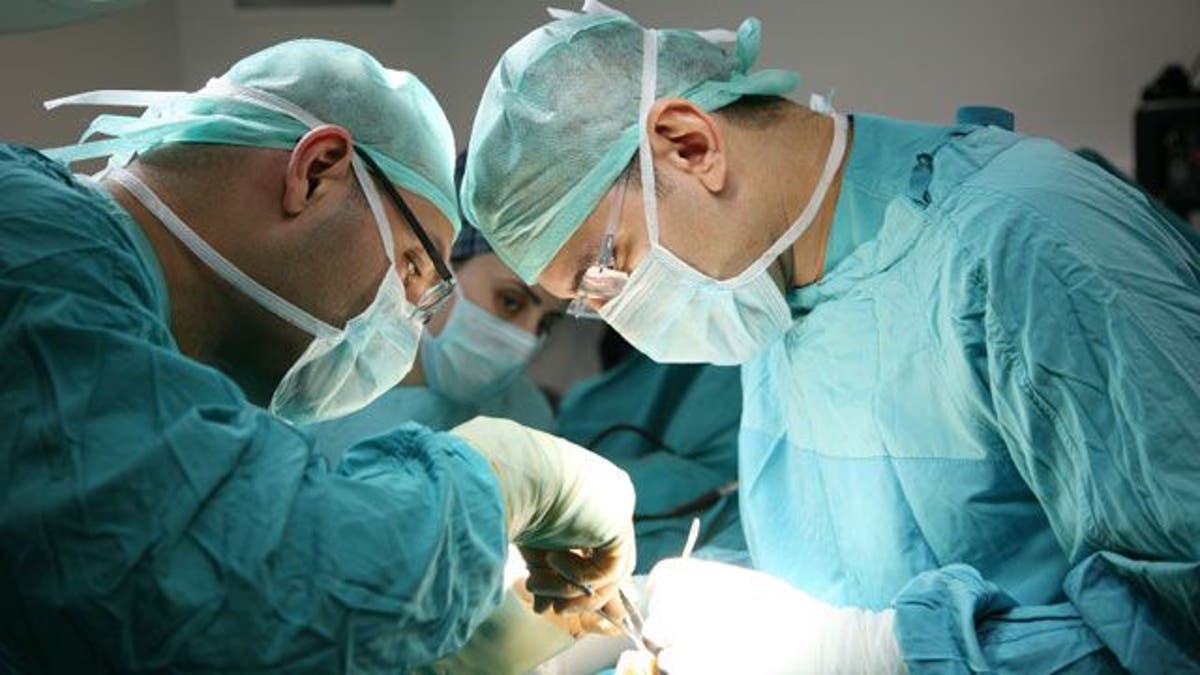
The fastest growing segment of the U.S. population also has a growing need for donated organs, researchers say, and creative outreach programs could raise the number of Hispanic Americans willing to be organ donors.
After exposing four southern California communities to radio and television ads, educational programs at schools and churches and a parade float, researchers found a 55 percent increase in the number of Hispanics who said they intended to donate their organs.
But the overall numbers remained low compared to other segments of the population. About 12 percent of Hispanics surveyed before the media and educational blitz said they planned to be organ donors, and that rose to 18 percent afterward.
"We need to continue to draw attention to this problem and continue to educate our communities about needs and the importance and benefits," Dr. Ali Salim, the study's lead author, said of organ donation.
Salim is head of the Division of Trauma, Burns and Surgical Critical Care at Brigham and Women's Hospital in Boston.
He and his colleagues write in JAMA Surgery that the number of Hispanic Americans on the U.S. organ waiting list has more than doubled, but that population is still 60 percent less likely than whites to donate organs.
"Since successful transplantation often is enhanced by the matching of organs between members of the same ethnic and racial group, it is essential that more minorities register as donors," Melissa Devenny, the managing director of Donate Life America, wrote in a statement to Reuters Health.
Based in Richmond, Virginia, Donate Life America is a nonprofit alliance of organizations that work to promote organ, eye and tissue donations in the U.S. Neither Devenny nor the organization was involved in the new study.
Before testing their outreach techniques, Salim and his fellow researchers surveyed 402 self-identified Hispanic people living in four southern California communities in October 2008.
The survey included questions to gauge the participants' knowledge about organ donation and whether they intended to donate their organs.
Then, the researchers began a media campaign during December 2008. It featured radio and TV advertisements and culminated with a float in the Tournament of Roses Parade in the nearby town of Pasadena in January 2009. The media campaign was repeated one year later as well.
In between, a 45-minute educational program on organ donation was offered at five high schools in the study's neighborhoods from April through May 2009.
Educational programs were also offered at four Catholic churches in the neighborhoods from March through May 2009.
The researchers then took another telephone survey of 654 self-identified Hispanic adults in October 2010.
Overall, they found that about 53 percent of the people they talked to were aware of some aspect of the study's outreach - most notably the parade float.
"Some people remembered some of the components, which was good," Salim said. "So there were some long lasting effects."
They also found about 97 percent of people reported having read, heard or seen information about organ donation during the past year. That compares to about 92 percent in the first survey.
In general, people were better informed about organ donation than respondents to the first survey. For instance, more people in the second survey correctly answered "false" to a question about whether an organ donor's body is disfigured by donation.
Compared to a national donor registration rate of 37 percent, the registration rate among Hispanics in the study after the outreach campaign was still low at 21 percent, the study authors point out.
Still, Devenny wrote, "The media campaign together with church and high school education programs evaluated in the study showed significant promise in increasing donor registration rates in the Hispanic American population."
Salim said he and his fellow researchers are currently analyzing organ donor data to see whether more people actually agreed to donate. Those results, he said, will be published later.
He added that people interested in becoming organ donors can typically find information from local organizations and register to become a donor at their local department of motor vehicles.
Devenny also said people can find information about organ donation on her group's website (www.donatelife.net).
